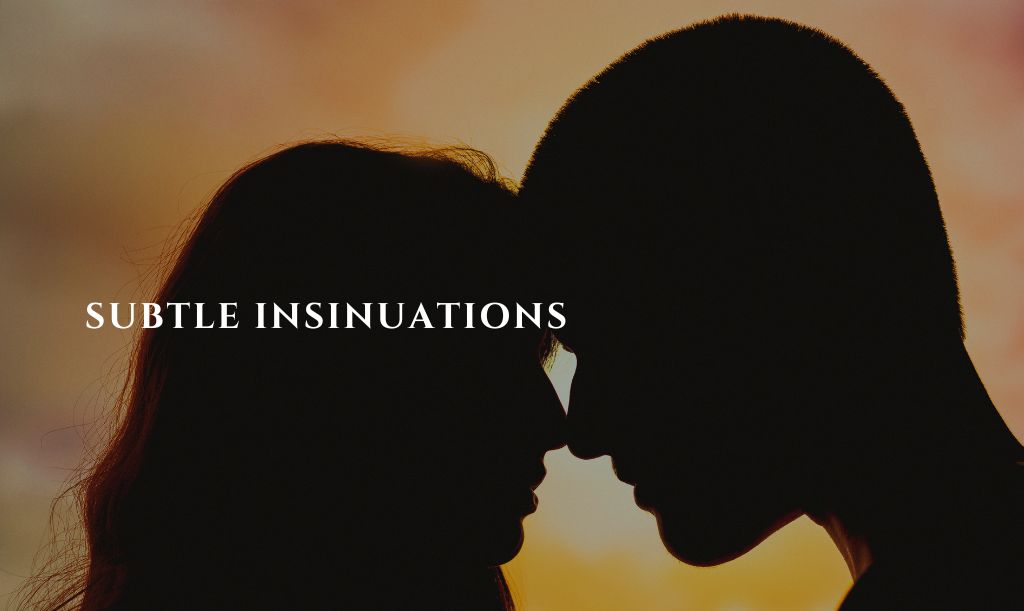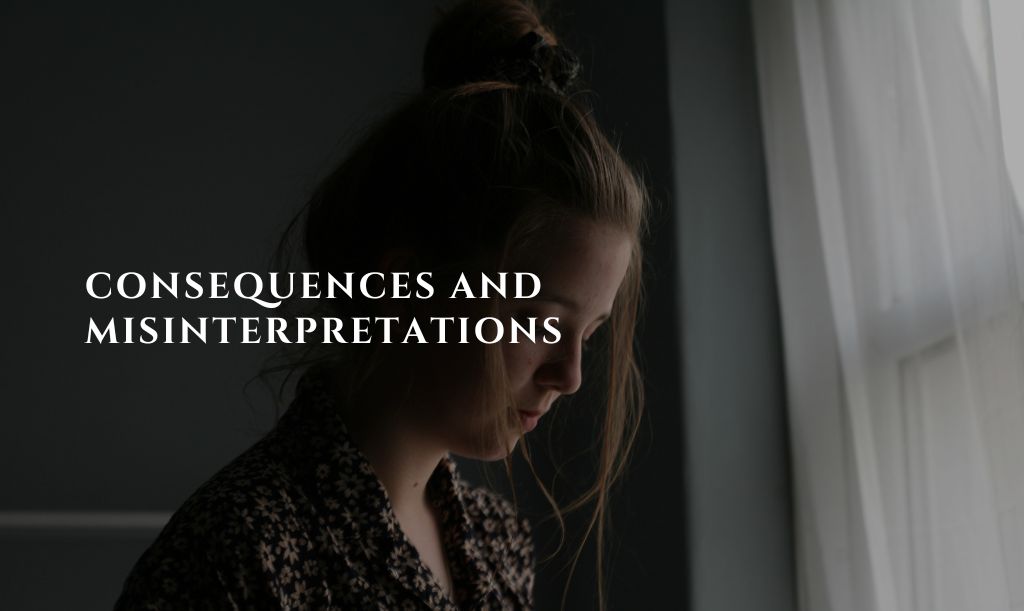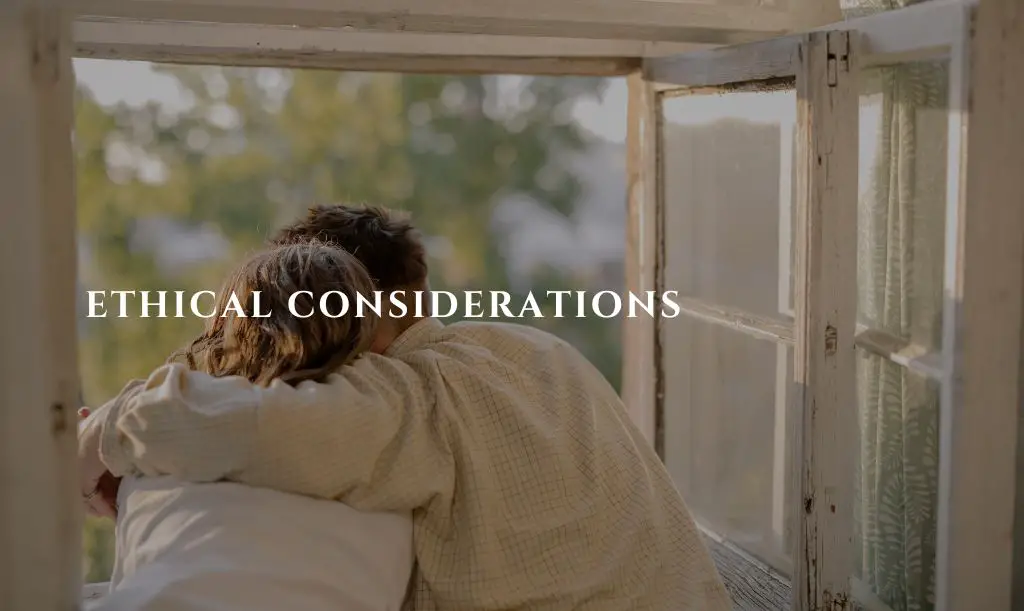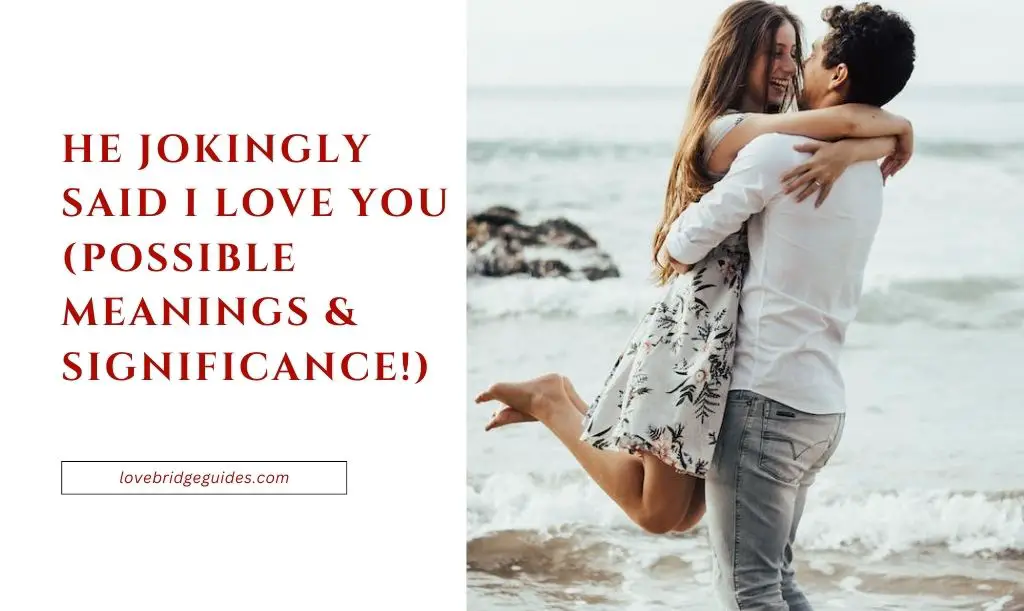‘He jokingly said I love you. What does this mean?
Humor: the ever-elusive phenomenon that tantalizes our senses, tickles our funny bones, and brings joy to our lives.
It is a powerful tool that humans have mastered over centuries of complex social interactions.
Humor not only serves as a means of entertainment but also plays a crucial role in forging connections between individuals.
It is through humor that we navigate the intricacies of human relationships, weaving hidden meanings and insinuations into our words like skilled wordsmiths crafting their masterpieces.
Humor, in its essence, is an artistic expression of wit and cleverness designed to evoke laughter or amusement.
It serves as a catalyst for bonding, breaking down barriers, and fostering camaraderie between individuals.
Whether it be through witty one-liners or playful banter, humor allows us to connect on a deeper level by creating shared experiences.
It transcends linguistic boundaries and cultural differences, uniting people through the universal language of laughter.
The Power Of Jokes To Convey Hidden Meanings And Insinuations

Jokes, these seemingly innocuous forms of communication hold within them immense power – the power to reveal truths that may otherwise remain concealed beneath layers of social niceties.
Jokes possess an uncanny ability to convey hidden meanings and insinuations without overtly stating them.
They serve as a veil through which we can express emotions or thoughts that might be deemed too sensitive or taboo in conventional conversations.
A well-crafted joke can act as a Trojan horse carrying subtextual messages wrapped in laughter’s embrace.
The subtle playfulness intertwined within these jokes allows for delicate matters such as love and affection to be broached indirectly.
The artistry lies in the ability to strike the perfect balance between levity and earnestness – leaving room for interpretation while hinting at deeper feelings.
Jokes, like enigmatic puzzles, challenge our intellectual faculties.
They invite us to uncover the hidden symbols and metaphors that lie beneath their surface.
Just as a skilled painter uses brushstrokes to convey deeper emotions, jokes use carefully chosen words and timing to insinuate profound thoughts and desires.
He Jokingly Said I Love You: Understanding the Context
In order to truly grasp the significance of someone jokingly saying “I love you,” we must first delve into the context in which this statement is made.
Picture a serene coffee shop on a lazy Sunday afternoon.
Two individuals, let’s call them John and Sarah, sit across from each other, engaged in a seemingly ordinary conversation.
The atmosphere is light-hearted, filled with laughter and witty banter.
John and Sarah share an unmistakable chemistry that transcends their mere friendship.
Their conversations are peppered with inside jokes, playful teasing, and subtle glances exchanged across crowded rooms.
Their connection goes beyond conventional norms; it possesses an uncanny ability to bridge gaps between words left unsaid.
They have become each other’s confidants, sharing secrets and vulnerabilities without hesitation.
The boundaries between friendliness and romantic interest blur effortlessly as they navigate this uncharted territory of affectionate camaraderie.
It is within this setting that John humorously utters “I love you.”
Subtle Insinuations

The beauty of a well-executed joke!
It can be a gateway to a whole hidden world of emotions and desires.
When someone jokingly says, “I love you,” it is like a delicate brushstroke on the canvas of human interaction.
As discerning observers, we must delve deep into this seemingly innocent remark to unravel its true meaning.
What lies beneath this playful facade?
Is it merely a jest or something more sinister?
We must explore these insinuations with an unwavering focus and an unyielding determination to expose the depths of human connection.
Exploring Potential Romantic Interest Or Attraction
The tantalizing possibility that lurks behind every joke shared between two souls.
When those three little words are playfully uttered, one cannot help but wonder if there lies an undercurrent of affection underneath it all.
Could it be that this jest is fueled by genuine attraction?
Does this person secretly yearn for something more profound than platonic camaraderie?
These questions nag at our minds incessantly as we analyze every nuance and inflection in their voice, desperately seeking answers hidden within their seemingly innocuous words.
Hinting At Deeper Emotional Connection Or Affection
Beyond mere romantic interest lies the realm of deeper emotional connections and affectionate bonds.
Sometimes, when someone jokingly says “I love you,” they are hinting at a level of intimacy that transcends ordinary friendships.
It is an invitation to dive into the depths of their souls, to venture beyond superficial conversations and embrace vulnerability.
This statement suggests that there exists a profound emotional tie between two individuals—one that extends beyond pleasantries and engages with raw authenticity.
It is through humor that these whispers of affection find expression; they dance on the edge of spoken words, teasing us with the promise of a connection that goes beyond the surface.
When someone jokingly says “I love you,” it is vital to acknowledge the underlying insinuations that lie within.
Analyzing these hidden messages can reveal potential romantic interest or attraction, as well as hint at a deeper emotional connection or affection.
These nuances in humor carry profound implications for our relationships and interactions.
Let us immerse ourselves in the rich tapestry of human connections and appreciate the power of words, even when masked behind laughter.
Psychological Insights into Humor and Love

Why do we resort to humor when it comes to matters of the heart?
Well, one school of thought that delves into this intriguing phenomenon is none other than the Freudian perspective.
According to Sigmund Freud, humor serves as a defense mechanism for our repressed desires and emotions.
It’s a way for us to express what we truly feel in a socially acceptable manner, masked behind the veil of laughter.
In his controversial psychoanalytic theory, Freud suggests that jokingly saying “I love you” might be an indirect way for someone to disclose their hidden affection or attraction towards another person without fully exposing themselves to potential rejection or vulnerability.
The Incongruity Theory: Laughter Arising From Unexpected Contradictions
Now let’s shift our focus from Freud’s couch and dive into another captivating theory known as the incongruity theory.
This theory posits that laughter arises from unexpected contradictions or incongruities in our everyday experiences.
So when someone jokingly says “I love you,” it triggers amusement because it presents a contradiction between what is being said and what is expected in that particular context.
It disrupts the norm and catches us off guard, stimulating our minds with an element of surprise.
Laughter becomes a way for us to release tension and appreciate the playful absurdity within these apparent contradictions.
Psychological insights provide intriguing explanations as to why people utilize jokes as a means of conveying their emotions.
The Freudian perspective suggests that humor acts as a defense mechanism allowing individuals to express their repressed desires indirectly.
On the other hand, the incongruity theory argues that laughter emerges from unexpected contradictions in communication, offering both amusement and relief from societal norms.
These psychological underpinnings shed light on the intricacies of humor and love, showing that sometimes, a joke can be more than meets the eye.
Unintended Consequences and Misinterpretations

Jokes hold immense power in communication, but they can also be double-edged swords.
When someone jokingly says “I love you,” it can easily be misinterpreted, leading to a plethora of potential misunderstandings.
The recipient of this jest might ponder if the statement is sincere or merely a lighthearted taunt.
If taken seriously, it could create false hope or confusion for the person on the receiving end.
Moreover, the humor inherent in these words can overshadow any genuine feelings that may exist, making it challenging to discern the underlying emotions behind such a statement.
Inevitably, this playful joke blurs the lines between sincerity and jest, leaving both parties hanging in an emotional limbo.
Impact On Relationships When Humor Is Not Understood Or Appreciated
Humor is a beautiful aspect of human interaction that can bring people closer together, but when it fails to be understood or appreciated, its impact on relationships can be devastating.
The phrase “I love you” carries significant weight and vulnerability; thus, using humor to convey such emotions without ensuring its comprehension can lead to unnecessary turmoil.
One partner may genuinely express their affection through jest while expecting their significant other to recognize the playful nature of their words.
However, if this attempt at humor falls flat and is met with confusion or indifference, it undermines the emotional connection between them.
It can breed resentment or even cause doubts about one’s true intentions within the relationship.
Therefore, it is crucial for individuals engaged in romantic partnerships to navigate humor sensitively and ensure that both parties are on the same wavelength when engaging in playful banter about love. ,
jokingly saying “I love you” holds potential misunderstandings that arise from its dual nature of being playful yet emotionally charged.
The impact on relationships when humor is not understood or appreciated can result in confusion, false hope, and damage to the emotional connection between partners.
It is imperative to approach such jokes with caution and sensitivity, ensuring that both individuals share a mutual understanding of the intended message behind the jest.
Communication and emotional intelligence play vital roles in navigating humor’s complexities within relationships, fostering a deeper understanding of one another’s intentions and ensuring that laughter enhances, rather than hinders, connections of love and affection.
Ethical Considerations

In the realm of love and relationships, humor can be both a powerful tool and a dangerous weapon.
While jokingly saying “I love you” may seem harmless, it is crucial to recognize and respect the boundaries that exist within each relationship.
It is essential to understand that not everyone shares the same sense of humor or interprets jokes in the same way.
What may be funny to one person could potentially hurt or confuse another.
Therefore, it becomes imperative to establish open communication and discuss boundaries with your partner.
Understanding where each person draws the line when it comes to joking expressions allows for a safe space where words can be spoken without causing harm or discomfort.
Respecting Personal Feelings When Using Humor To Convey Emotions
Using humor as a means to express emotions can be an effective way to lighten serious situations, but it must always be done with utmost consideration for personal feelings.
While some individuals may appreciate lightheartedness in sensitive moments, others might find it dismissive or disrespectful.
It is crucial to gauge your partner’s emotional state before attempting any humorous expression of affection.
Be attentive and responsive; listen actively to their needs and understand their comfort levels when it comes to using humor as a form of emotional communication.
Respect their boundaries and emotions by refraining from making jokes at inappropriate times or when they are clearly not receptive.
Overall, ethical considerations play a vital role in any relationship’s dynamics, particularly when humor is involved as a medium for conveying emotions.
Boundaries are like fences that define our comfort zones, protecting us from unintended emotional harm caused by jokes that cross those lines.
Respecting personal feelings means acknowledging that what may seem amusing or light-hearted for one person could cause distress or confusion for another.
He Jokingly Said I Love You: Conclusion
So, he jokingly said I love you. Did he really mean it?
Well, in the realm of human interaction, humor serves as both a lubricant and an intricate maze of hidden meanings.
Jokingly saying “I love you” may seem innocuous at first glance but carries the potential for unintended consequences if not understood or appreciated by all parties involved.
Whether it’s hinting at unexpressed romantic feelings or testing the depths of emotional connections, humor can be both a blessing and a curse.
It is crucial to navigate this delicate terrain with caution, respecting personal boundaries while also embracing the lightheartedness that comes with genuine connection.
Ultimately, through open communication and mutual understanding, we can transform these playful expressions into bridges that deepen relationships rather than barriers that cause misunderstandings.
Related Articles:
- https://lovebridgeguides.com/should-i-add-my-ex-back-on-snapchat/
- https://lovebridgeguides.com/why-does-my-boyfriend-defend-his-ex/
- Does A Prom Date Mean Anything? (Answered!) - 20 February 2024
- Boyfriend Refers To Me In Third Person (Explained!) - 20 February 2024
- Is Sending Memes Flirting? Find Out Here! - 20 February 2024

